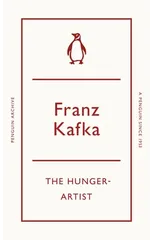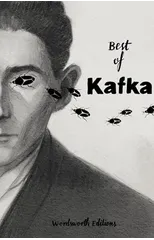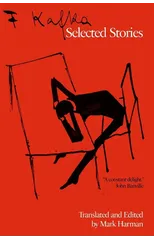In the Penal Colony follows an unnamed traveler visiting a remote penal colony, where he encounters a gruesome execution machine that carries out sentences in a chillingly intricate manner. As the colony's officer passionately describes the machine and its philosophical implications, the traveler grapples with deep moral dilemmas regarding justice and cruelty. Through haunting imagery and unsettling themes, Kafka explores the nature of authority and the dark side of human obedience. This powerful narrative critiques the systems that govern our lives, prompting readers to reflect on the true meaning of justice and humanity in a world where civilization and barbarism blur.
Franz Kafka
Franz Kafka was a Czech-born writer known for his surreal and existential works that explored themes of alienation, bureaucracy, and the human experience. His most notable works include "The Metamorphosis," "The Trial," and "The Castle." Kafka's writing style is characterized by its minimalist and precise language, as well as its dark and absurdist themes. His works have had a significant impact on the literary genre of existentialism and have been widely studied and interpreted by scholars and readers alike. "The Metamorphosis," in which a man wakes up to find himself transformed into a giant insect, is considered Kafka's most famous work and a classic of 20th-century literature. Kafka's unique perspective and exploration of the complexities of the human condition continue to resonate with readers around the world.






